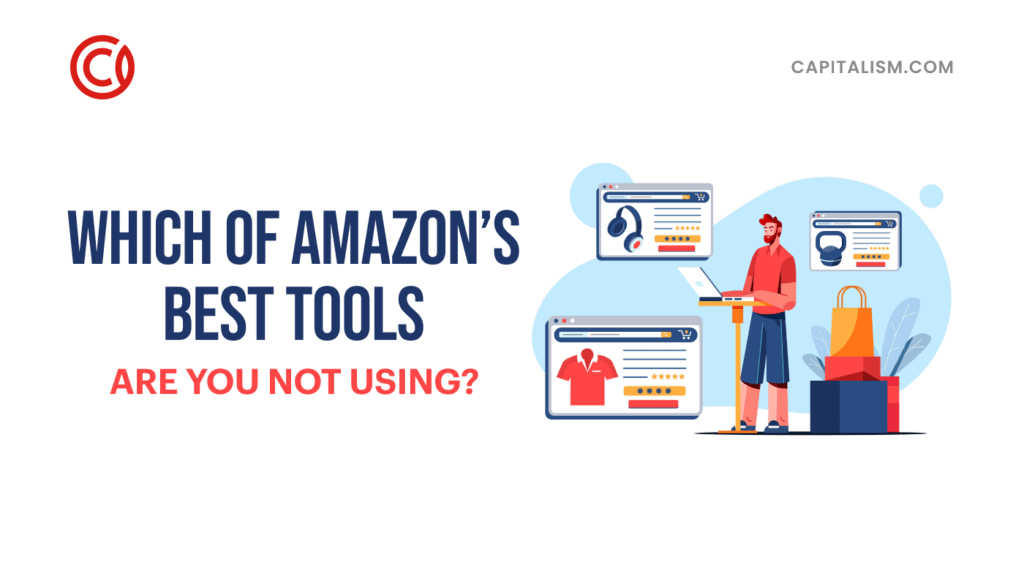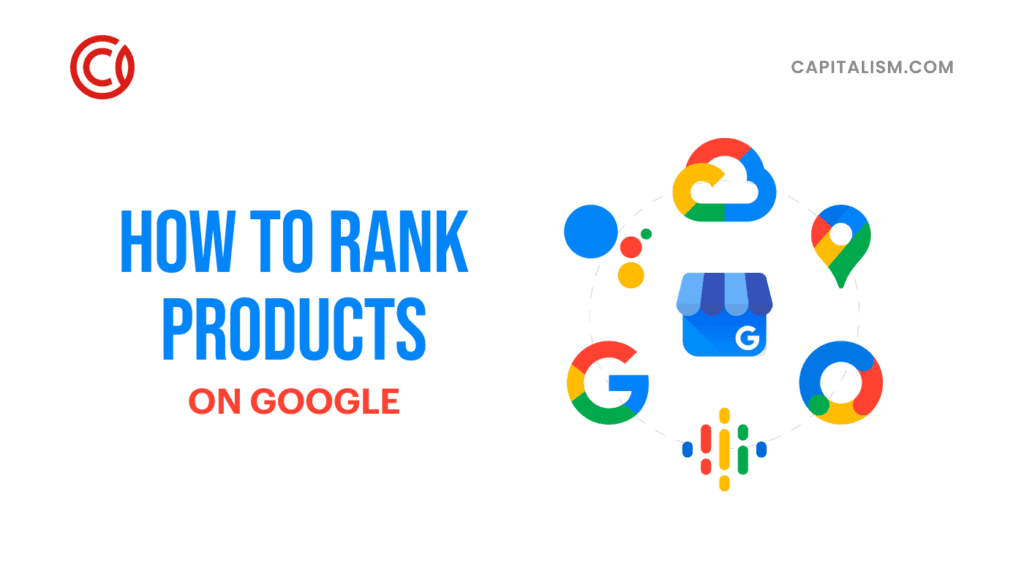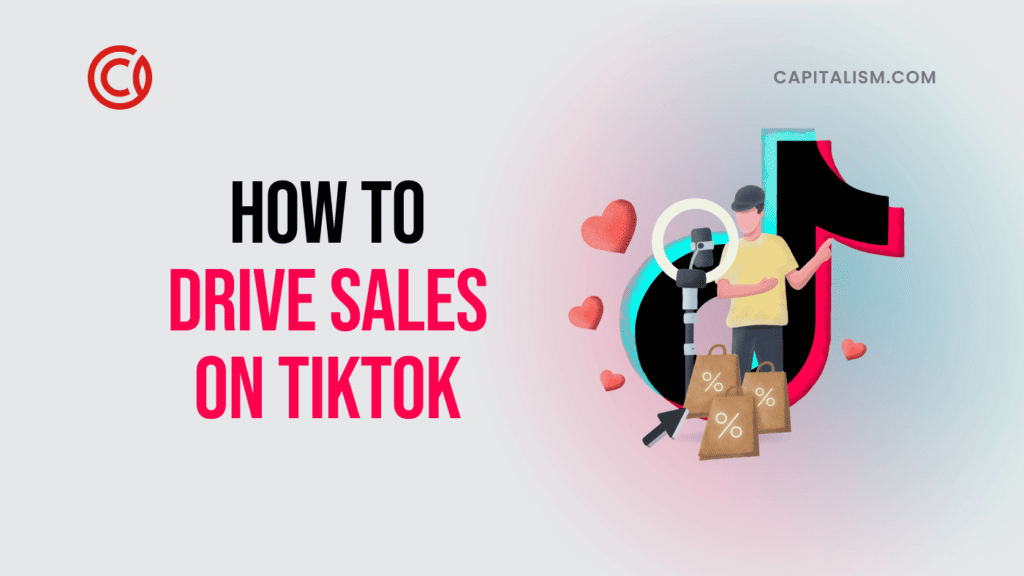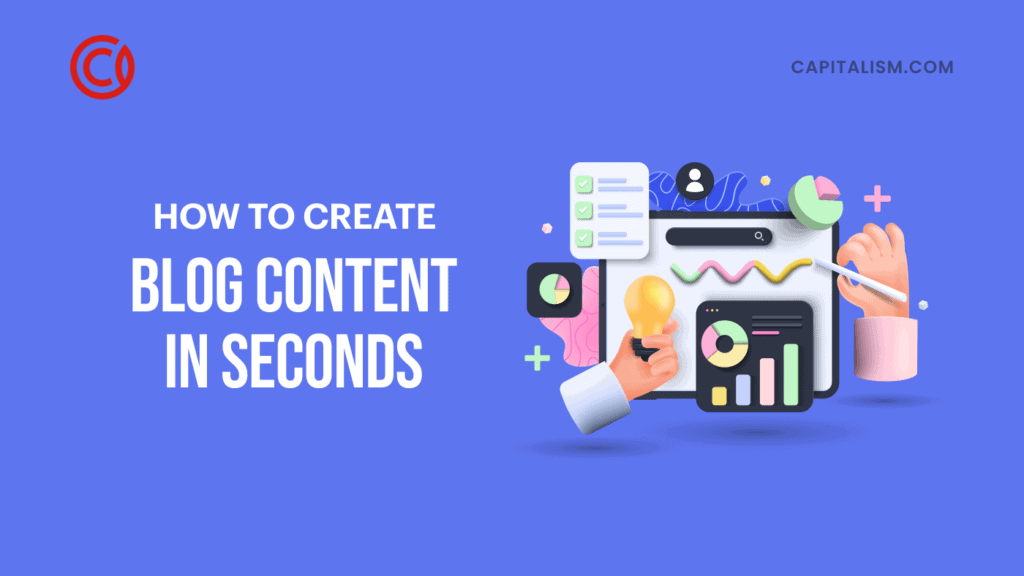Freedom. A life without limits. Being your own boss. These are some of the top reasons that business minded people make the leap from employees to entrepreneurs. Most entrepreneurs understand that starting a business will take hard work, planning, and endurance. Many are ready to meet the challenge head-on. After all, this is the narrative that most entrepreneurs love to spout during Ted Talks, or from the CEO desk of their 7 figure business.
What doesn’t get press is the dark side of business ownership. The fallout that can result from the relentless pursuit of growth. The mental and emotional stress of exhaustion, the physical illnesses that can come from exhaustion, strains on personal and business relationships, and the psychological scars of living for months or years in the red until the business becomes profitable.
The word “burnout” is tossed around the workroom every day and is almost an expected consequence of modern business expansion. David Ballard, PsyD of The American Psychological Association, defines burnout as “an extended period of time where someone experiences exhaustion and a lack of interest in things, resulting in a decline in their job performance.”
Burnout is the result of exhaustion due to prolonged career-related stress. According to the American Psychological Association, 61% of people are stressed out with their current jobs and experience some form of burnout during their careers. If you feel consistently drained, unmotivated and overwhelmed then you may be suffering from burnout. Researchers associate burnout with an assortment of health problems like high cholesterol, heart disease, type 2 diabetes, respiratory problems, headaches, and other fatigue-related conditions.
Burnout is a nefarious enemy of productivity. It is not the result of big occasions or commitments, but the pileup of the “little things,” that feel like small pebbles at first then turn into boulders. Entrepreneurs can achieve the massive success that comes from dogged determination and perseverance, but the spoils of hard work can’t be enjoyed from a hospital bed or the sofa if burnout overtakes you. So how do entrepreneurs create a 7 figure business and still enjoy life along the way?
Tap Into Your Passion
Ralph Ruiz, a master life coach who helps entrepreneurs lead purposeful lives, encourages his clients to explore the motivating factors behind their need to succeed. “Are you motivated by fear or passion?” In a recent Forbes article, Ruiz encourages entrepreneurs to tap into passion based drivers instead of fear-based drivers. Fear-based drivers, Ruiz explains, are rooted in the belief that we need to earn our success. This type of success is dependent on external recognition and approval, and whatever feelings of accomplishment that come from success quickly fade away because subconsciously we may not believe we have earned or deserve success.
Passion-based drivers recognize that we are worthy of whatever successes we receive as a result of our hard work. Ruiz remembers how connecting to passion-based motivators helped to scale his business to 7 figures:
“To feel healthy success, I had to connect to the feeling of pleasure and satisfaction from my “small” achievements. This created a snowball effect where I found myself achieving goals with ease and having fun while doing it. Needless to say, productivity becomes easier when you enjoy the journey.”
Instead of focusing on the consequences of not hitting a number this quarter or not winning a particular account, choose to focus on whatever aspects of your business get you excited and tap into your passion to deliver value to your customers and partners. Concentrate on how you can take your products and services to the next level. Keep pushing for better products and services for your customers and the results will push you to another tax bracket!

Develop a Growth Mindset
Stanford researcher, Carol Dweck, pioneered the concept of the “growth mindset.” Dweck’s team observing students and their responses to failure. They wondered why some students would persist, while others were frustrated when obstacles were presented. The team noticed that the student’s mindset determined their reactions to failure. Students with a fixed mindset believed that there were limits to their capabilities and there was nothing they could do about their failures. The students with a growth mindset believed they could overcome their challenges with practice. World-class entrepreneurs know a growth mindset is essential to creating the mental room to lay the foundation for success. Here are a few pointers to get on the road to a growth mindset from The One Thing Blog:
Acknowledge Setbacks. See all failures as learning opportunities. Enjoy the journey and don’t be too attached to the results.
Acknowledge Shame. Whenever we experience failures there is shame associated with them. Whenever there is a setback, recognize the shame immediately to stave off long-term embarrassment. This will allow you to try again sooner than later.
Laugh. Laugh at your setbacks alone or with a supportive group. This will condition you to laugh at setbacks and encourage you to keep going.
See Setbacks As Opportunities. Learn from the setback and view whatever falls out as an opportunity to get a new strategy or improve in a certain area.
Stay Curious. Always look for ways to improve your systems, relationships, and knowledge. This will keep you excited about your business and make you an expert.
Invest in Counterbalance
In his book, The One Thing, an American entrepreneur and best-selling author Gary Keller poses the question, “What’s the one thing you can do, such that by doing it, everything else will be easier or unnecessary?” There is no such thing as work and life balance. To scale your business to 7 figures, you must learn what activities to focus on (and the activities to ignore) that will make your business grow quickly.
The One Thing Blog mentions that “success happens at extremes, by giving something its unequal share of time, we give ourselves an unequal chance at extraordinary success.” So once we are successful in one area, then we move to the next. This shifting back and forth will create a counterbalanced life that feels like balance. This doesn’t mean to ignore everything else, it simply means giving more time to the most important things in our businesses and personal lives that will achieve extraordinary results.
To discover what things are the most important in your business, consider using the Eisenhower Matrix.
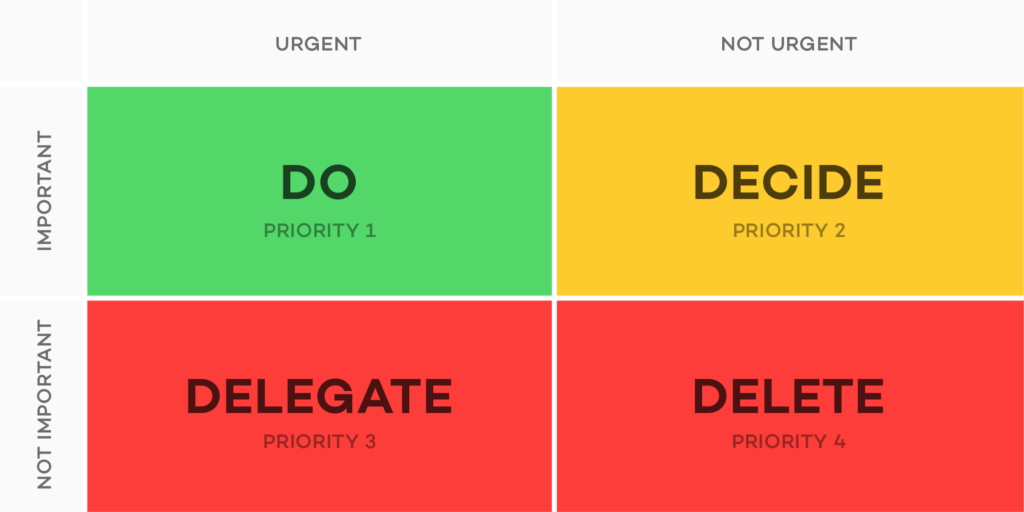
Time Blocking Is Key
Time blocking is essential to maintaining a counterbalance in your life and business. By incorporating time blocking into your strategy your efficiency will increase, which will boost productivity and your bottom line. Dedicate your most productive hours doing the most crucial tasks. This gives you the best possible outcome for success. If you want to scale your business to 7 figures, make time for leisure activities and vacations too. Take a calendar and schedule your vacations, family and leisure activities first in order to ensure relaxation is integrated into the schedule to prevent burnout. Then schedule all other actives around them.
Use the Power of Leverage
Use your money and relationships to leverage the technology and the people that will sustain the counterbalance. Effective entrepreneurs with large scale businesses cannot scale alone. Delegate out tasks to employees and family to free up your time so you can concentrate on those activities that will help your business grow.
Most successful entrepreneurs hire assistants or customer service first, which can double their free time. Assistants perform all those necessary, but time consuming and repetitive tasks like data entry, administration, filing, shipping, etc. Assistants can be hired in person or be virtual. There are a number of AI-based assistants than can manage all your scheduling needs, along with a variety of tools that make scheduling and task management simple. Here is a little wisdom from American entrepreneur, author, and motivational speaker Jim Rohn:
“Learn how to separate the majors and the minors. A lot of people don’t do well simply because they major in minor things. Don’t mistake movement for achievement. It’s easy to get faked out by being busy. The question is: Busy doing what? Days are expensive. When you spend a day you have one less day to spend. So make sure you spend each one wisely. We can no more afford to spend major time on minor things than we can to spend minor time on major things. Time is more valuable than money. You can get more money, but you cannot get more time. Time is the best-kept secret of the rich.”
Hiring help at home is also important. Whether you have human children or pet kids, don’t think you can’t outsource some of the day-to-day tasks that take your time and energy. Services like Task Rabbit and Care.com can connect you with professional cooks, cleaners, and babysitters to free up your time at home. The more free time you have, the more time that can be devoted to recreational activities or scaling your business.
Building Systems Around Your Most Important Activities
Once you’ve identified your most important activities, time blocked your schedule and leveraged less important activities, you can now build systems to make your most critical business activities easier. There are a number of benefits to implementing systems:
Fast Scalability. Systems give your business the ability to grow and be replicable. This is how fast food franchises work. A playbook of best practices or systems is developed that is then taught and replicated in other locations. Many entrepreneurs use systems to expand their businesses into international chains.
Consistency. Consistency is key to developing a good relationship between your products/services and customers. Create systems that will make positive experiences for your customers. Make dealing with your company simple, hassle-free and enjoyable to win repeat business and turn customers into raving fans that tell their family and friends about your business.
Fewer Costs. When you can spend more time on the 20% of things that make 80% of the business, often times your expenditures will decrease. Good systems can often eliminate or minimize costly manual processes, services or individuals with cost-saving technology and automated processes.
Automation. Automate your business as much as possible and as quickly as possible. The only thing better than building a 7 figure business is selling it! You can only do this if you build value into the business’ processes and avoid dumping all of your money into developing employees. While talent development is important, it should never siphon off the funds dedicated to making the business run more efficiently. If an entrepreneur invests all their money into talent and neglects business processes, then that entrepreneur has made their profits reliant on whether or not key employees stay with the company. Build a business that can run without you, and you’ve created a valuable asset that can be sold for a fortune or handed down to the next generation.
 The Power of Habits
The Power of Habits
In a paper on habits, a group of Duke researchers concluded that “Without habits, people would be doomed to plan, consciously guide, and monitor every action.” Habits are ingrained in every creature on the planet. These feelings, actions and reflexive thoughts are a big part of us. Some studies show that an estimated 45 percent of our behaviors come from habits. Habits separate the average business owner from the 7 figure entrepreneurs. They separate the week-long vacationer from the month-long vacationer. If you want to scale your business to 7 figures, concentrate on the habits that will get you there. If you don’t have the right habits in place then build them. But most importantly get rid of the habits that are holding you back.
Not all habits are the same. Some habits have a deeper impact than others, these are called cornerstone habits which interact with other behaviors in our lives. In his book, The Power of Habit, Charles Duhigg says:
“If you focus on changing or cultivating keystone habits, you can cause widespread shifts. However, identifying keystone habits is tricky. To find them, you have to know where to look. Detecting keystone habits means searching out certain characteristics. Keystone habits offer what is known within academic literature as ‘small wins.’ They help other habits to flourish by creating new structures, and they establish cultures where change becomes contagious.”
How To Replace An Old Habit With A New One
Bad habits are subtle time sucks that seem harmless at first, but slowly chipping away at our productivity over time. They are also duplicitous and mascaraed as productivity when all they really do is keep us busy. Have you ever had a busy day but realized at the end of it that your most important tasks remained undone? After a long dalliance with bad habits, we look up and wonder “where did the time go?” The trouble with bad habits is that we can’t just drop them, we must replace them with a good habit. The ONE Thing Blog says that entrepreneurs can replace unproductive habits with positive and productive habits through a three-step process called a “habit loop.” The following are the 3 steps of a habit loop built around a successful morning routine.
- Triggers: Triggers are a cue that tells our brains to automate our behavior. This can be an emotion, time of day or place that shifts our brain into a specific mode, much like how a hypnotist snaps his fingers to summon a trance.
- Once the trigger is activated, a physical or mental routine kicks into action. For example, Larry is sound asleep in bed. The sun rises and his alarm clock goes off (trigger). Instinctively he opens his eyes, stretches and sits up. The yawn, stretch and sitting up happen as a conditioned response to the trigger (the alarm waking him up).
- Lastly, after the action takes place a reward is given. As a reward for waking up on time, Larry pours a hot cup of coffee. This reward links waking up on time to a pleasurable experience (the coffee) which makes the loop worth repeating. Do this loop for about 66 days and it will become a habit.
Apply the habit loop to habits that can make your business scale to 7 figures. Whether that is contacting more clients or potential vendors, hosting more events, establishing a social media presence, etc. The key is building healthy habit loops around the most critical, profit-generating activities in your business.
Every entrepreneur dreams of having a 7 figure business, but very few achieve this goal. In addition to a deep commitment to their business and persistence in the face of adversity, 7 figure business owners must also tap into passion motivated drivers, identify the key activities that will help their business grow, build their schedules around these activities, leverage whatever tasks can be leveraged, design and work processes that make the business automatic, and develop the strong habits that will take their companies to the next level.
This is a winning system of strategies that will scale your business to 7 figures and keep you healthy and happy along the way.


